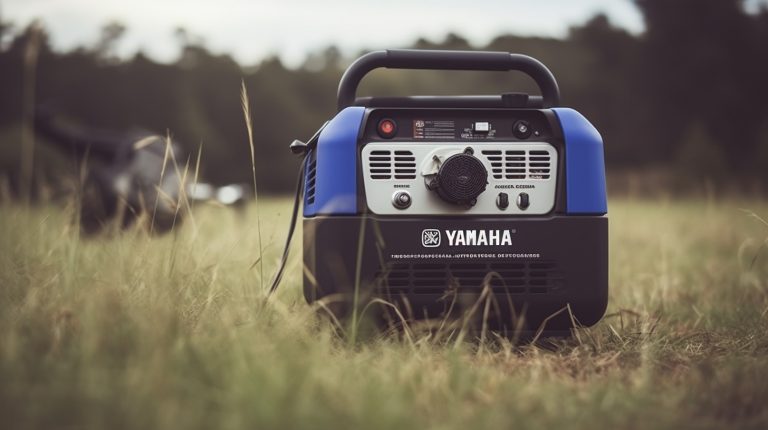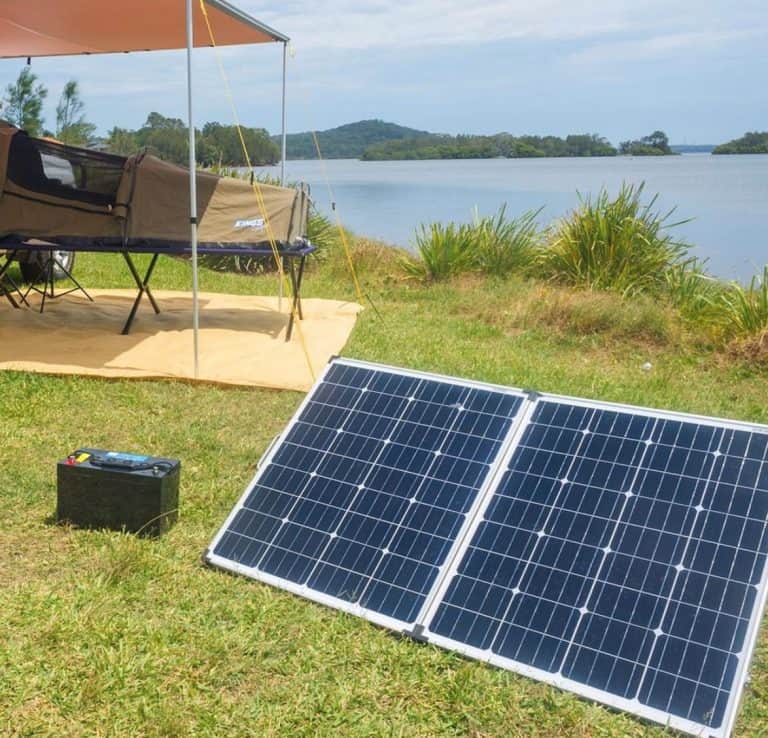Have you ever considered the benefits of adding a portable generator to your camping gear? If you’re searching for ways to enhance your camping experience, you’re not alone. Many campers face challenges related to power sources and comfort in the wilderness. This blog post aims to address your questions and concerns regarding camping generators, providing valuable insights for your outdoor adventures.
As an outdoor enthusiast with years of experience, I understand the importance of reliable power during camping trips. Nature offers serenity and beauty, but there are moments when access to electricity can greatly improve your camping experience. From ensuring your safety with a charged phone to enjoying the convenience of powered appliances, camping generators have become valuable tools in the camper’s toolkit.
If you’re someone who values both the great outdoors and modern technology, you’re in the right place. This post is tailored to campers like you, individuals seeking a balance between nature and essential amenities during their camping adventures.
I can relate to the challenges and aspirations of fellow campers. I’ve faced frustration when miles away from power sources, uncertainty during unexpected situations, and the desire to explore the wilderness without being tethered to traditional campgrounds. Just like you, I’ve pondered how to make camping both comfortable and adventurous. With the right tools and knowledge, it’s possible. Whether you’ve felt overwhelmed by the idea of camping with or without a generator, rest assured, you’re not alone. Together, we’ll explore the pros and cons of camping generators and help you make informed decisions for your outdoor excursions.

What Is a Small Portable Generator for Camping?
In simple terms, a small portable generator for camping is a compact power supply that you can easily carry with you to your campsite. These generators typically range from 288 to 3600 watt-hours (Wh), providing you with a reliable source of electricity when you’re far from civilization.
Why Do You Need a Small Portable Generator for Camping?
You might be wondering why you’d need electricity during your camping escapade. Well, let’s explore the reasons:
Pros:
- Emergency Power: Picture this scenario: You’re deep in the wilderness, and an unforeseen emergency arises. A small portable generator can be a lifeline, keeping your phone charged or powering a GPS tracker to ensure help can reach you.
- Freedom to Camp Anywhere: Forget about being restricted to designated campsites with electrical hookups. With a small portable generator, the world is your oyster, and you can set up camp wherever your heart desires.
- Ease of Use: Most small generators are straightforward to operate, and some even feature electric starts, eliminating the hassle of dealing with clunky mechanical parts.
- Power for Appliances and Devices: Small portable generators have come a long way, now boasting various ports and outlets to charge and power all your essential devices simultaneously.

Cons:
- Noise: One common drawback of small portable generators is their noise level. Traditional fuel-powered generators can produce sounds similar to a normal conversation, which may disrupt the serenity of your camping experience. However, for those seeking a quieter solution, generator enclosures are available to minimize noise.
- Fuel Supply: Many traditional generators run on gasoline, necessitating the need to carry extra fuel and be cautious about emissions. Fortunately, newer battery-powered generators offer greener alternatives, producing zero emissions and reducing the need for fuel storage.
- Weight: Camping gear can be heavy, and traditional generators often add to the load. They can weigh anywhere from 100 to 150 pounds, making them a cumbersome choice. However, some newer models are incredibly lightweight, like the EcoFlow River 2 series, which offers portable power without the burden of excessive weight.
Environmental Impact
Pros:
- Eco-Friendly Options: While traditional generators may emit harmful fumes and contribute to noise pollution, eco-conscious campers can now opt for solar-powered generators or battery-powered units like the EcoFlow River 2 series. These generators have a significantly lower environmental footprint, making them a greener choice for eco-friendly adventurers.
Cons:
- Limited Capacity: One drawback of eco-friendly options is their typically lower power capacity compared to traditional gas generators. This limitation can impact your ability to run high-power devices or appliances for extended periods. It’s essential to assess your energy needs and choose a generator that aligns with your camping requirements.
Maintenance
Cons:
- Maintenance Requirements: Traditional gas generators demand regular maintenance, including oil changes and air filter replacements, to ensure they operate smoothly. This maintenance can be a hassle during a camping trip, where simplicity and minimal upkeep are often preferred. On the other hand, battery-powered generators require less maintenance, reducing the effort and time spent on upkeep.
Cost Considerations
Pros:
- Affordable Options: Small portable generators for camping, especially battery-powered ones, have become increasingly affordable in recent years. While high-end models may still come with a significant price tag, there are budget-friendly options available that provide reliable power for camping without breaking the bank.
Cons:
- Initial Investment: Despite the cost savings in terms of fuel and maintenance, the initial purchase of a quality camping generator can be a significant investment. It’s essential to weigh this expense against the convenience and benefits it offers during your camping trips.

Compatibility with Campground Rules
Cons:
- Campground Restrictions: Some campgrounds have specific rules and regulations regarding generator use, especially in environmentally sensitive areas. Before bringing a generator, it’s crucial to check the campground’s policies and ensure your chosen generator complies with their guidelines. Failure to do so may result in restrictions or penalties during your stay.
Including these additional points will provide readers with a more well-rounded understanding of camping generators, helping them make informed decisions based on their specific camping needs and preferences. Whether you prioritize eco-friendliness, minimal maintenance, or staying within a budget, there’s likely a camping generator option that suits your camping style. Happy camping!






